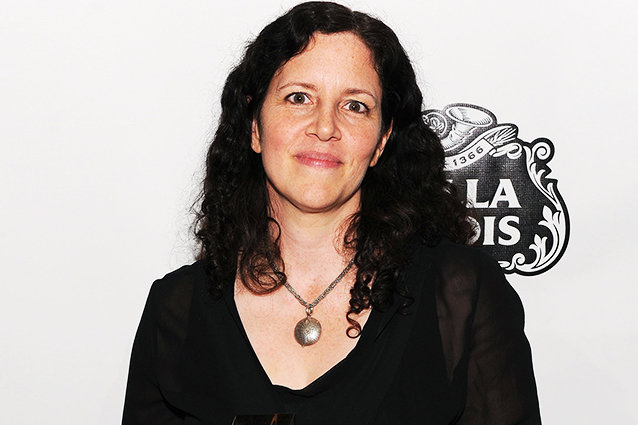
Dimitrios Kambouris/Getty Images
When former CIA employee Edward Snowden decided to leak
classified information about the government's top-secret surveillance
programs, the first person he contacted was documentary filmmaker Laura
Poitras.
Poitras, who received a $500,000 "genius grant" from the
MacArthur Foundation, has a lot of experience with controversial
political topics. Her 2006 documentary, My Country, My Country,
about life in Iraq under U.S. occupation, was nominated for an Academy
Award, and she extensively interviewed one of Osama bin Laden's former
bodyguards for her 2010 film The Oath. The latter film examines the impact of anti-terrorism actions on individuals in the Middle East.
The filmmaker has since turned her focus to the U.S. government's surveillance of its own citizens. She plans to follow up My Country, My Country and The Oath
with a new documentary about covert spying on the American public and
attacks on whistleblowers, making all three films part of a trilogy
focused on the effects of the War on Terror.
It's not a huge surprise, therefore, that Edward Snowden
turned to Laura Poitras with what is perhaps the biggest whistleblowing
story of the century. This is particularly true considering the risk of
sharing a story with so many political implications to a major media
outlet (i.e. the New York Times' decision to wait a year before
publishing its 2005 story about the NSA's warrantless wiretapping
program). Poitras is certainly not waiting to capitalize on Snowden's
leak. She shared bylines with The Guardian's Gleen Greenwald and The Washington Post's
Barton Gellman when the publications broke the story; furthermore, she
released a video interview with Snowden in which he defends his decision
to reveal this classified information.
Poitras recently told Salon.com
that she has even more video footage of Snowden, taken from the former
spy agency contractor's refuge in Hong Kong. She plans to use it in her
upcoming documentary, the aforementioned final chapter in her War on
Terror trilogy. The filmmaker has herself been subject to government
surveillance and even border-crossing challenges as a result of her
journalistic work, so she has a personal stake in exposing the extent of
the snooping. Given the urgency of this political situation, which is
unfolding as we speak, this may be one of the most quickly produced
documentaries in history.
So, will Laura Poitras get another Oscar nomination for
her upcoming documentary? Time (and maybe not even all that much of it)
will tell.
No comments:
Post a Comment